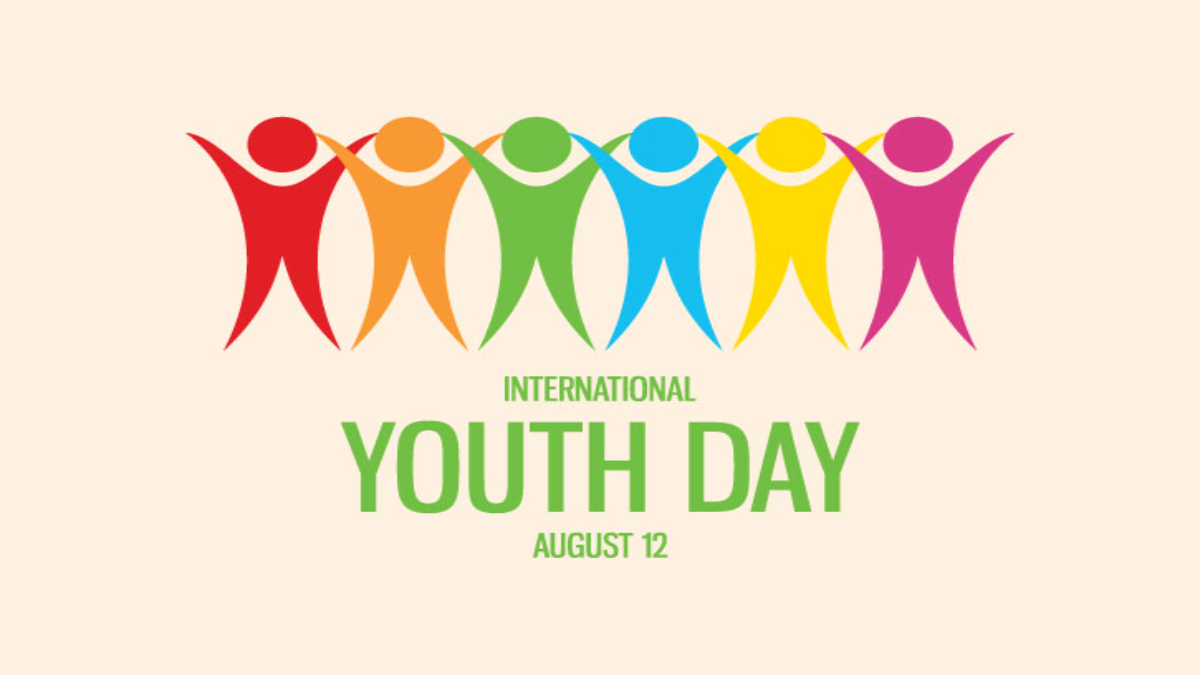Striking the Already Stricken: The Impact of Strikes on the Average Nigerian

Nigeria was held at nothing short of a stranglehold when the organised labour went on strike on Monday the third of June 2024, and if being in coma was a possible situation for a country, it would be the only expression appropriate for what happened on Monday and Tuesday.
Monday’s event was another stark reminder of how much industrial actions hurt the very people they are meant to help. From the attendant blackout and its inestimably deleterious effects on businesses and livelihoods, to the effect on healthcare facilities where some patients couldn’t get life-saving procedures and care, the list is almost endless. As biting as the effects of the strike were, it was definitely not the first time Nigerians would be the major casualties of industrial actions, from the incessant ASUU strikes which have become part and parcel of the educational landscape to pockets of industrial actions from other labour groups, Nigerians have become used to being the proverbial scapegoats during strikes.
While one may argue that there is no possible way for industrial actions to exist without some degree of discomfort, it’s important to create a clear demarcation between the unavoidable effects of a strike and plainly unnecessary wickedness. Shutting down the national grid in the case of NLC strikes or locking hostel gates in the case of NASU strike on UI campus cannot be described as the unavoidable effects of a strike. Rather, they are actions which deliberately punish the very people whose rights the labour unions claim to be protecting.
It wouldn’t be far-fetched to assume that some of the patients whose care was negatively impacted by last week’s industrial actions were members of the labour unions themselves nor would it be out of place to assume that some students punished unnecessarily in the school hostels were children of non-academic staff themselves.
While one may argue that actions like this make the strikes more effective, the burning question that comes to mind is “at what cost?” If strike actions cannot be conducted with a little dose of humanity than perhaps the entire premise of the strike is defeated. It’s also very important that the organized labour realizes that one crucial factor in ensuring the success of any industrial action is that it has the sympathy of the general public. This is precisely what behaviours like the one displayed on Monday and Tuesday tend to erode.
While these activities are disheartening, one can only hope that subsequent strike actions would be infused with a little dose of compassion.
Yusuf Akinyooye




